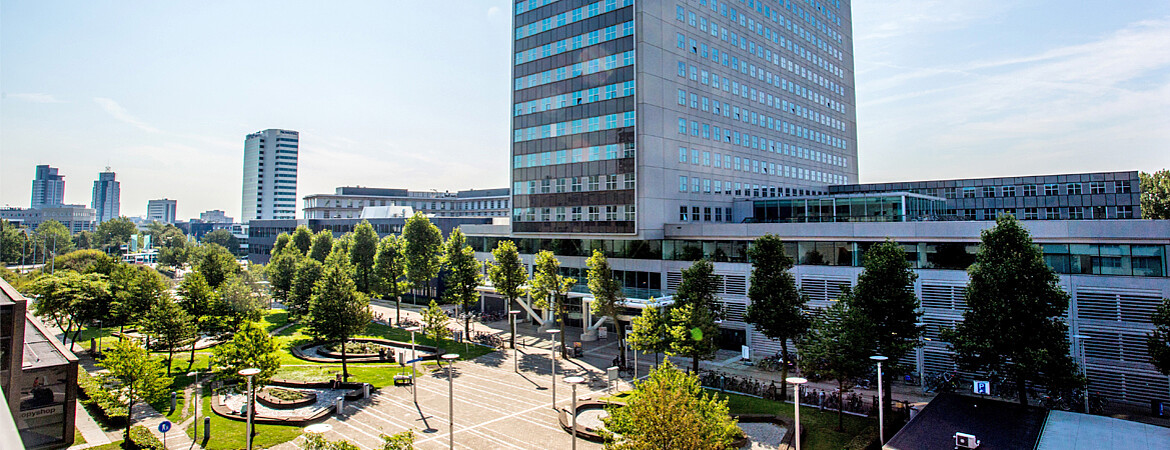B.T. (Björn) Atterstam

Björn is an educator, facilitator and leadership expert. For more than 20 years he has worked with large organizations across the world to create novel and impactful approaches for developing strategy, organizations and individuals.
His research interests reside in the intersection of psychological functioning and organizational performance.
PhD Track Adaptive leadership as taking and granting leadership
The topic of leadership is high on the agenda for many large organizations across
the world and senior business leaders have an increasing sense of urgency when it
comes to raising the number of diverse leaders who can lead their businesses
through strategic changes (Korn Ferry, 2015). This is because companies across all
industries find themselves caught in maelstrom of rapidly changing market
conditions, new technologies and an upheaval in customer preferences and
expectations. This fast-changing world is sometimes referred to as a V.U.C.A. world
(Volatile, Uncertain, Complex and Ambiguous), an abbreviation that has its roots in
the United States Armed Forces (Pasmore et al, 2010). Related to this we are seeing
a big shift in workplaces to more and more knowledge workers (Drucker, 1995). This
because the more complex challenges at hand require a more and more highly
educated and skilled workforce, which in turn demands new forms of leadership.
In this “new world”, the basic assumptions underlining much of what is taught and
practiced in the name of management are hopelessly out of date (Uhl-Bien et al.,
2007). Many of the ways in which we think about business and leadership seem
passé and have outlived their time (Drucker, 1998). Companies have an increasing
awareness of this and are therefore continuously investigating new ways to stay
competitive by re-inventing themselves, transforming their inner workings and
improving their people performance.
As companies are doing this, many of them arrive at the insight that the role of the
leader in the organizational context have to change dramatically from how it used to
be. We are observing the need to shift leadership from something that is
individualistic, top-down and one-directional to a view of leadership as something
that is adaptive, shared, and a social process that emerges from the interplay
between leaders and followers (DeRue, 2011). Our research aims to shed further
light on this still nascent, but much needed, view of leadership.
- Time frame
- 2015 -
Address
Burgemeester Oudlaan 50
3062 PA Rotterdam
Postbus 1738
3000 DR Rotterdam
Netherlands





